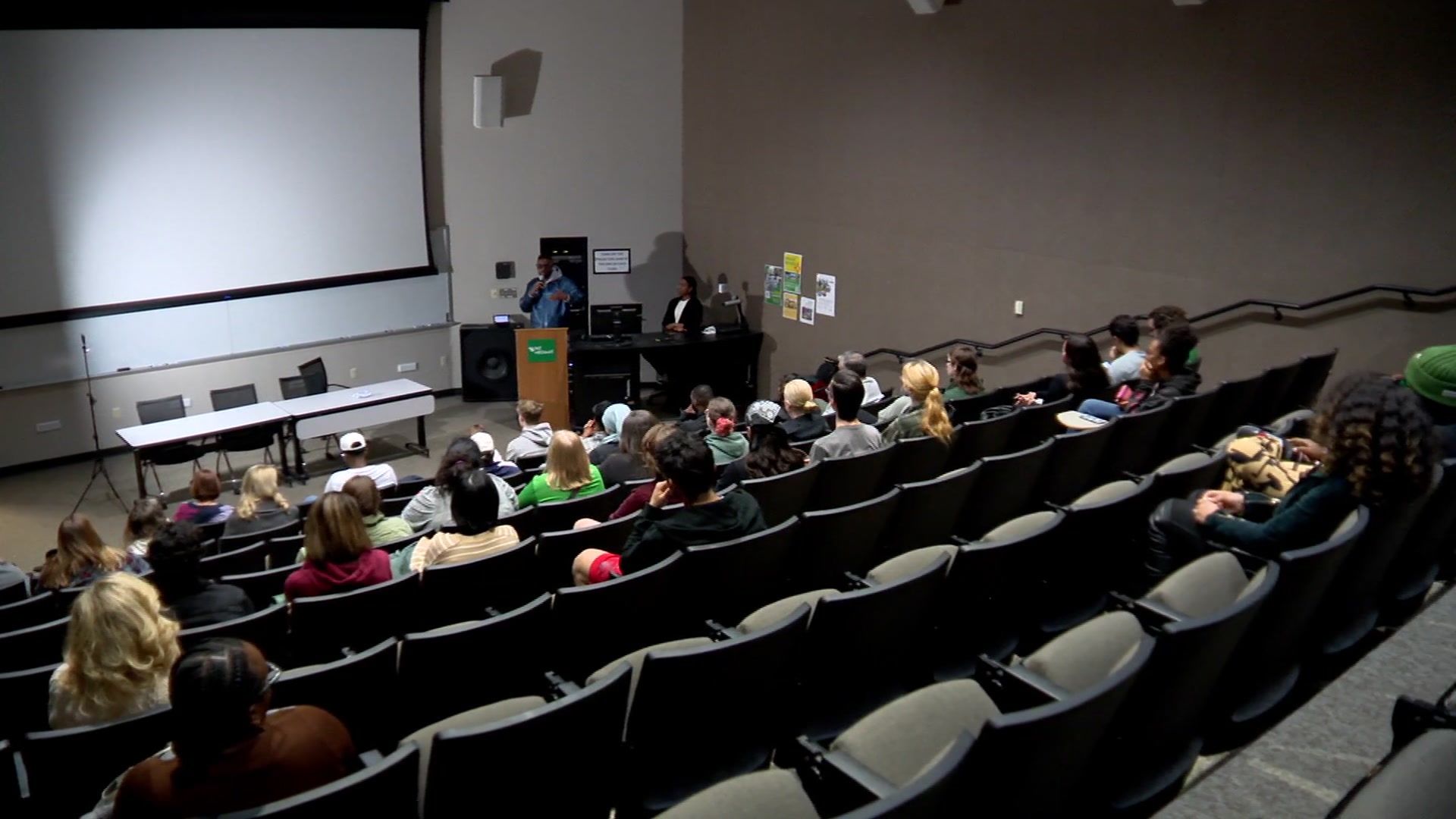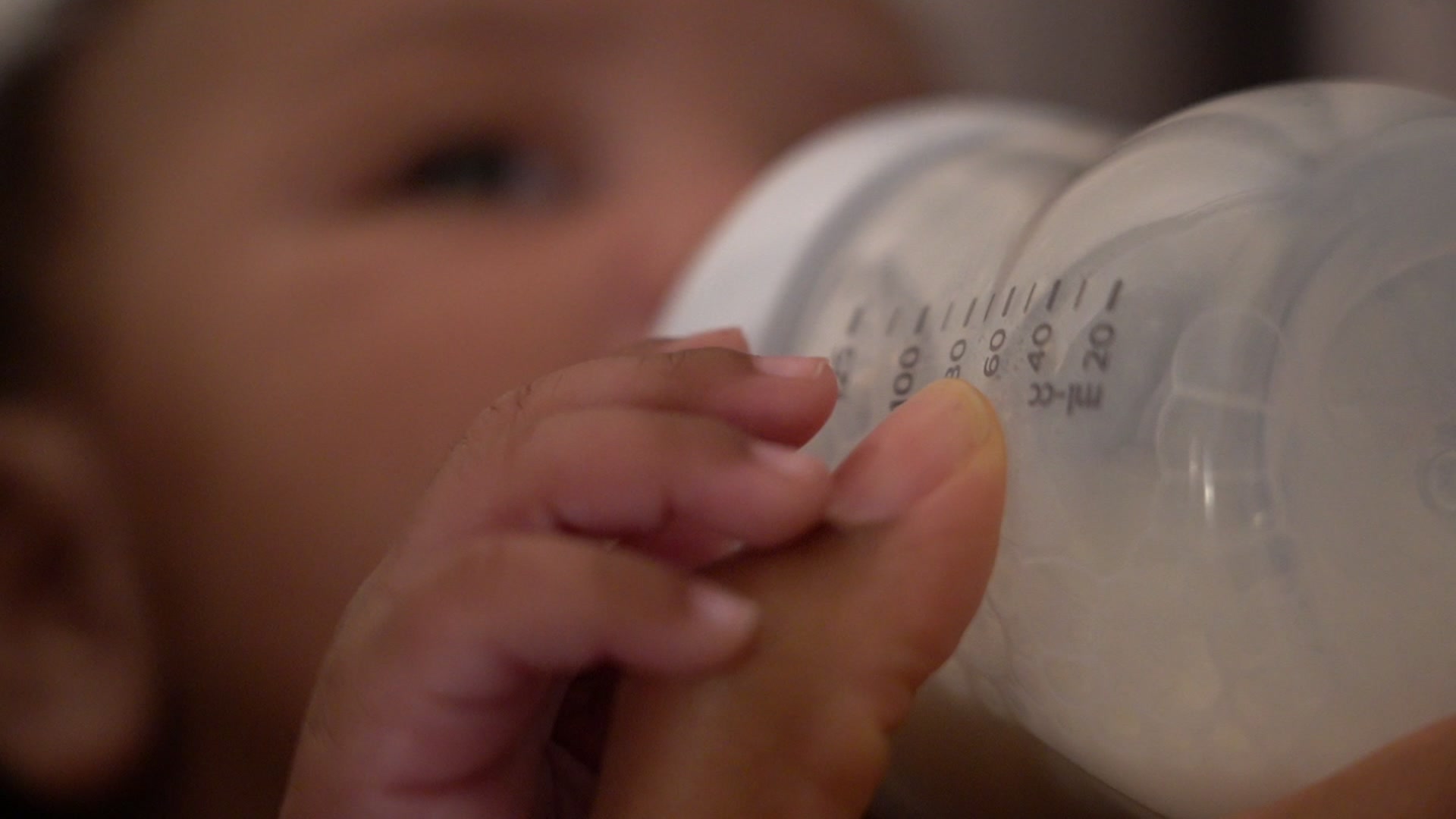|
NBC 5 is teaming up with the Red Cross and Kroger to assist Texans affected by severe storms, tornadoes and flooding. People can go to any Kroger in DFW and drop loose change into coin boxes located at every checkout stand. The money goes directly to support disaster relief efforts for the Red Cross Disaster Relief Fund. |
President Barack Obama said Thursday the deadly flooding in Texas and Oklahoma should serve as a reminder of the need to make the nation more resilient to the impact of natural disasters, adding that climate change is affecting both the pace and intensity of storms.
Making the first visit of his presidency to the National Hurricane Center in Miami, Obama said that while the nation is better prepared than ever for the storms of today, "the best scientists in the world are telling us that extreme weather events, like hurricanes, are likely to become more powerful."
"When you combine stronger storms with rising seas, that's a recipe for more devastating floods," he said.
Obama said that while the technology for forecasting storms has improved and there are better ways to disseminate warnings, the nation also must stay focused on "becoming more resilient to the impacts of a changing climate that are having significant effects on both the pace and intensity of some of these storms."
Obama spoke one day after government weather forecasters predicted six to 11 storms this season, with three to six of them developing into hurricanes. That suggests this year's hurricane season may be slower than average: From 1981 to 2010, the average has been 12 named storms, 6 hurricanes and three major hurricanes per year. The season starts Monday.
This week's storms and floods in Texas and Oklahoma have left at least 21 people dead and at least 10 others missing. Obama said a lot of rebuilding would be needed, and the federal government would work to ensure that its response is quick and cuts through bureaucracy.
Local
The latest news from around North Texas.
Obama added that while climate change didn't cause 2012's Hurricane Sandy, "it might have made it stronger," pointing to higher sea levels in New York harbor that made the storm surge worse.
During his tour, Obama checked out giant screens showing maps of the Eastern Seaboard and asked questions about the science used to develop forecasts, warning and storm surge predictions.
In years past, Obama has been briefed in Washington on the hurricane season. His visit to Miami was designed to highlight tools developed by the federal government to help communities prepare for hurricanes and other emergencies.
The Miami Beach area, which has experienced high-tide flooding due to rising sea levels, is adjusting building codes and spending $400 million over five years to install pumping stations.
Obama said his administration was trying to work with Congress "to make sure that we are focused on resilience and the steps we can take to fortify our infrastructure in these communities."
After the briefing, Obama remained at the National Hurricane Center to answer questions on Twitter, his first Q-and-A under the (at)POTUS handle he officially launched last week.
Obama responded to a wide variety of questions during the half-hour or so he spent at the computer keyboard, touching on climate change, Arctic drilling, a pending trade deal between the U.S. and Asia-Pacific countries, higher education, renewable energy, the NBA's Cleveland Cavaliers and Chicago Bulls and more.
"The heart of the Cavs is Lebron," Obama, an avid basketball fan, replied to one questioner. Lebron James returned to the Cavaliers, his former team, in 2014 and helped lead Cleveland into this year's NBA Finals.
Obama also said he was sorry about Thursday's firing of Bulls head coach Tom Thibodeau.
"Love Thibs and think he did a great job. Sorry to see him go but expect he will be snatched up soon by another team," Obama said.



